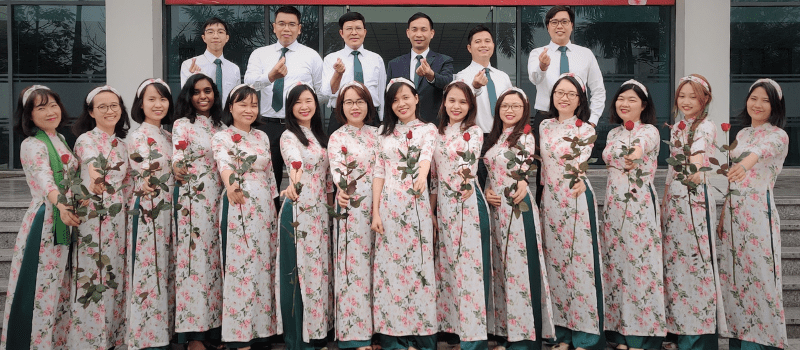This blog was contributed by the VWB/VSF South Sudan team.
Edible insect farming has the potential to offer a sustainable means of food production and constitutes a sustainable livelihood activity due to the relatively low necessity for equipment, feed, time, labour, money, and skills required. Edible insects contain high quality protein, vitamins, and amino acids for humans.
VWB/VSF Canada and our local partner, BaseNet, implemented a 10-month research project: “Edible insect farming for improved nutrition and incomes in South Sudan”. The project is funded by Global Affairs Canada via the Funds for Innovation and Transformation (FIT) Program. Edible insect farming has the potential to mitigate the effects of malnutrition and gender-related challenges. Farming of insects in a controlled environment can address current challenges in insect collection practices, which consequentially will reduce the gender-based violence and harassment (GBVH) that is associated with harvesting edible insects from the wild and will provide a source of disposable income to meet family expenses, strengthening both food and nutrition security. The research project introduced farming of edible insects, (e.g. crickets, grasshoppers and flying termites) among communities in Eastern Equatoria and Jonglei states; targeting 200 beneficiaries with the majority (about 80%) being women.
In Moli Tokuro Boma of Pageri Payam, which is located in Magwi County in Eastern Equatoria State, the project supported a group of beneficiaries, among them Mrs. Lemia Alice who is a 43-year-old single mom of seven children, four girls and three boys. She and her family returned from refuge in Uganda two years ago. Life has not been easy in the camps, which is why she decided to spontaneously move back home. In Moli Tokuro, Lemia Alice does farming and occasionally brews and sells alcohol for income.

"This project has done good things in our group; it has trained us in the benefits of eating insects, which we did not know earlier because we just consume as food but don’t know what is in it," explained Lemia Alice. "We were given modern equipment for harvesting flying termites. Before the project, we were using local materials (grass) to light at night to harvest the flying termites. It was very risky in the bush and also the harvest contained lots of unwanted materials. Cleaning was also very tedious to get the harvest ready for use", she explained. Lemia Alice further said that by using the equipment, she was able to harvest about five buckets from which she was able to get 68,000SSP (approx. $110 USD) as income, an amount she has never gotten from selling flying termites. According to her, there are irregularities in the harvest season for flying termites that follow rainfall patterns and make targeting of the time for harvest difficult. However, Lemia Alice said pointing to the equipment, which she brought out to show us, "I am sure to get bumper harvest next season when we start early, and my income from edible insect sales will go up." She continued, "you know, many people who are not members of our group are also now interested in owning this equipment for their use, having seen the benefit."
Another benefit from the project, which Lemia Alice elaborated on, was the gender training, which helped create awareness especially around gender-based violence in the community. "This vice was rampant in our community due to quarrels over incomes that families get; but after the training, no cases have been heard of. This is a good thing," said Lemia Alice.
Mrs. Lemia Alice thanked VWB/VSF Canada, BaseNet, and donors for bringing this new way of doing things in their community, which has changed their lives for better.




